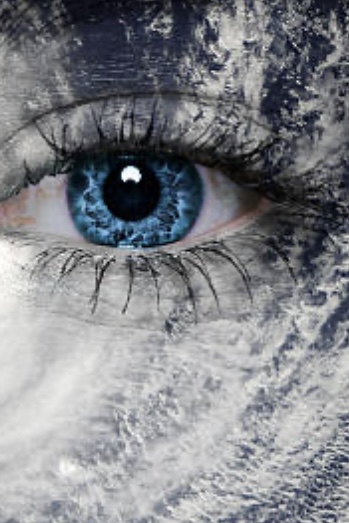In The Eye of The Storm

Preparing, Information, Anxiety
&
The Aftermath

Introduction
We are all unique in the way we manage our stress. Most of the time this is due to our previous experience and coping skills. Here are some tools to use at the many phases of a hurricane , tornado and blizzard!
Establish a plan — A family plan that is simple to follow can help decrease anxiety and chaos even after things calm down. Stay informed (up-to-date on weather) and warnings. Your awareness of the most up-to/date information, may assist you in gaining a feeling of control.
Share… Talking it out with a friend, family member and /or therapist can really make a difference. Sharing your fears with others assists you in gaining that extra emotional support. There are numerous professions that you can see in TeleMental health Resources are listed below.
- Accepting the things that are out of your control
- Worry and anxiety only impacts your emotional well-being.
- Acknowledging that there is nothing to control relative to wind or snow in a storm.
Storm Related Anxiety
It is good for the entire family … try to talk about how the sounds won’t hurt anyone (thunder, wind etc. ) unless you are in a designated area that has been told to evacuate.
Try a sound machine or app on your phone ot YouTube.
If you or a family member have survived severe storms symptoms of stress may seen; muscle tension, insomnia, and nausea during the storm and for days or weeks after. Thee bothersome physical and emotional signs come out as you wrestle with feelings from the trauma of your previous experience.
Reduce Anxiety with These Tips
- Prepare to have needed supply of food, water, medicine
- Empower yourself to stay informed and play ahead, see your progress with each storm
- Plan to be with people if a storm is coming
- Try to distract your distract yourself
- Do a project in the house you haven’t been able to get to
- Play music
- Change up your breathing
- Try using cold water on your wrists
- Make this storm a different experience
The Storm is Gone
When the storm is gone… reflect on the positive moments you may have had
Difficulty Coping After The Storm? – Options
Limit exposure to news or replays of the storm
Spend time with family / friends
Eat, rest and exercise ( try to go back to your regular schedule).
Acknowledge you can’t control all things
Seek support if needed – utilize a mental health professional if your feelings are interfering with daily life after a few weeks. After weeks with this heightened anxiety, you may be struggling with Prolonged Anxiety and Posttraumatic Stress Disorder. Signs of that would be flashbacks or nightmares of the events, avoidance of activities that are reminders of the trauma. Difficulty sleeping , concentrating. This could even be delayed and not start until even a month to years later.
The End :
Resources for more information ( and private therapy in New York State, contact www.InspireAmind.net Or any other private local mental health resources in your area…
Other government resources
If you need immediate medical assistance, please dial 911.
Suicide & Crisis Lifeline: Dial 988
New York State Domestic Violence Hotline: 1-800-942-6906
Crisis Text Line: Text “Got5” to 741-741
or see the bottom of website
Stay Safe and Relax…
You’ve Got This!







Comments by inspireamind1
Private: I Am Not A Prescriber ( Common Medications & Uses)
Medications and their uses. I am not a prescriber.. but ...
Products That Assist Us In Calming From Within
Calmigo Weighted Blankets calming down teens adults without medication relaxation ...